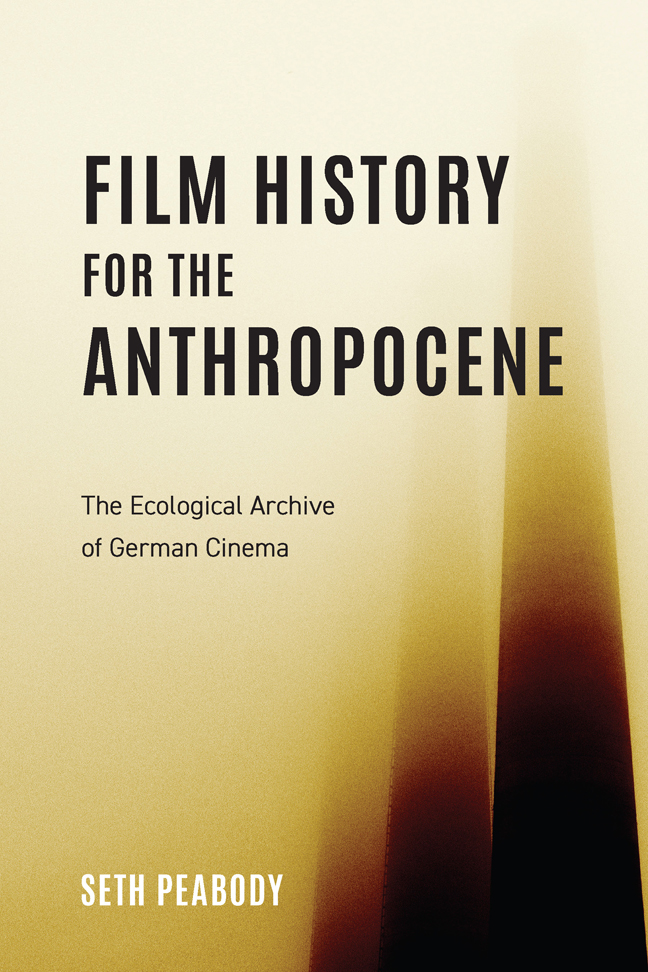2 - From Industrial Heimat to Bavarian Heimatfilm: Sprengbagger 1010, Hunger in Waldenburg, and the Consolidation of a Genre
Published online by Cambridge University Press: 21 February 2024
Summary
The Various Productions of Die Geierwally show that the same story, remade in various historical moments, can evoke a range of relationships between humans, nonhuman animals, and their environments in diverse configurations that all might be considered within the visual discourse of Heimat. The discussion now turns to two films from the late Weimar era and one from early in the Nazi era that all situate Heimatesque rural sites against urban or industrial landscapes and delineate the relationships between these various environments. While they would not have been described within the genre of Heimatfilm at the time of their release, taken together, they provide insight into trends and tensions within the concept of Heimat before it became solidified in the postwar era as a genre of rural nostalgia. Moreover, when considered within a broader field of filmic discourse that includes filmmakers, critics, and viewers, these films show a shift within the ecologies of Heimat imagery (following Ivakhiv) from an environmental keyword tied to diverse and dynamic environments and discourses, toward the backwards-looking cultural norm that marks the cliched image of Heimat from the 1950s.
The films discussed in this chapter sit at the conceptual boundary between the Heimatfilm and industrial film genres, a seemingly contradictory combination that nonetheless recurs with remarkable frequency. Industrial films can be defined as “films made by and for the purposes of industrial and social organizations” and scholars have proposed that they need to be studied in different ways from conventional fiction and documentary films: “Far from constituting self-sufficient entities for aesthetic analysis, industrial and utility films have to be understood in terms of their specific, usually organizational, purpose, and in the very context of power and organizational practice in which they appear.” In place of the auteur theory that often guides film analysis, Thomas Elsaesser proposes that scholars examine the task, triggering context, and target audience (Auftrag, Anlass, and Adressat), and Vinzenz Hediger and Patrick Vonderau propose that scholarship on industrial film should examine the “three Rs” of “record (institutional memory), rhetoric (governance), and rationalization (optimizing process).” While the titles analyzed below are still fiction films, they are grounded in a specific landscape or industrial site and have a primary goal of saying something about that site to an audience.
- Type
- Chapter
- Information
- Film History for the AnthropoceneThe Ecological Archive of German Cinema, pp. 66 - 93Publisher: Boydell & BrewerPrint publication year: 2023



